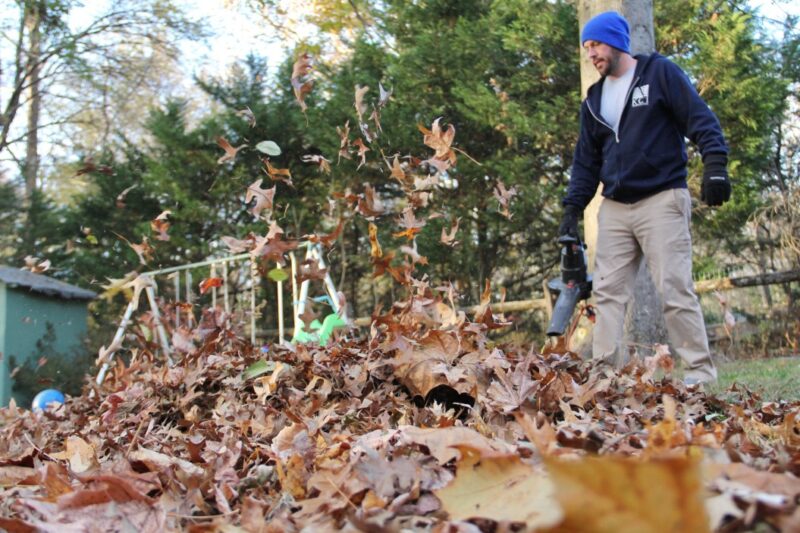
Now that it’s fall, the leaves are changing colors, and there’s a chill in the air. During autumn, temperatures can drop, and for those with hay fever, the fall season can cause many to experience allergy symptoms. Both of which can affect your ears. Allergies can cause fullness in the ear, itchy ears, and make it difficult to hear. When the temperatures begin to drop, your ears become vulnerable to the cold due to a reduction in blood flow, which can cause a person to experience ear pain. However, if you are looking to experience the outdoors during the chilly months, these helpful fall hearing tips can keep your ears healthy this season.
The fall season is filled with fun outdoor activities, but you can experience some negative effects if you don’t take the precautions needed during the colder months. Your ears are a sensitive organ, so take care of them by following our fall hearing tips below.